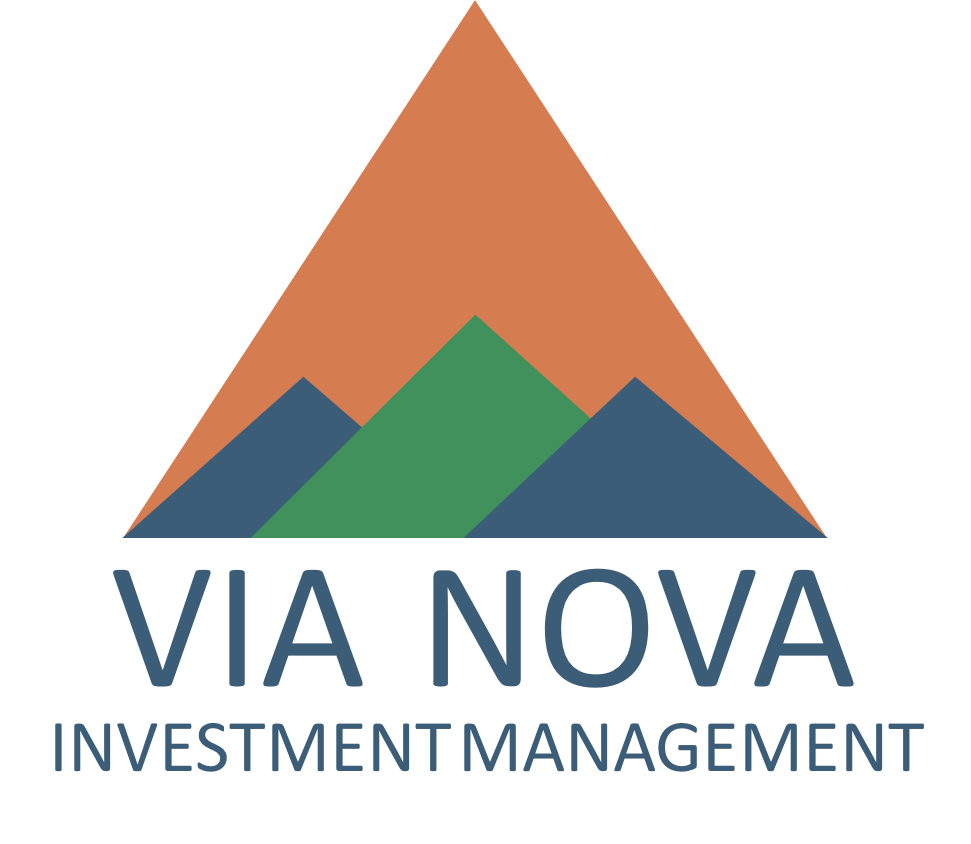His message, delivered at a symposium in Jackson Hole Wyoming, was short, concise, and not very sweet. The gist of his speech was that the central bank’s battle against high inflation would last longer than many had previously thought and that interest rates would have to rise higher and stay high until there was meaningful progress bringing down inflation.
Almost at the Top?
Juggling the Fed’s Dual Mandate is Risky for the Economy and Stocks
PERSPECTIVES ON POWELL'S JACKSON HOLE SPEECH – 8/27/2021
Bottom line: the Powell Jackson Hole speech reinforces my belief that the Federal Reserve is about to begin the long process of normalizing monetary policy, which means a gradual shift away from the near zero rates begun in March 2020. Rates will eventually rise which warrants a shift to more defensive bond portfolio position with shorter maturities. The writing is on the wall. I do not see this policy shift as a threat to further gains in the stock market, however, and I expect equities will continue to outperform bonds over time.
Looking through the fog into 2020.
July Update: A positive July ends on a sour note.
Mid-Year Review and Outlook
April Analysis: S&P 500 powers to record high.
February Analysis: A great start to 2019.
Via Nova’s Outlook for 2019:
Market fears resurfaced in October despite strong earnings and a healthy economy.
Third quarter review and outlook: Stocks rose to record highs despite the summer doldrums.
In August, stocks completed the recovery from the January correction
Stocks higher as summer begins. Will they hold through the dog days?
REVIEW & OUTLOOK: STOCKS ADVANCED DESPITE HEIGHTENED TRADE TENSIONS
MAY: THE STANDOFF CONTINUED
APRIL: A STANDOFF BETWEEN FACTS & FEARS
STOCKS STUMBLED IN Q1
IS THE MARKET BACK TO “NORMAL”?
HIGHLIGHTS
- There was no place to hide in February.
- Economic reports suggested accelerating strength.
- Via Nova’s outlook for the stock market remains positive, but increased volatility could be the new normal.
"We also appear to be seeing three emerging forces that may prompt investors to temper their elevated expectations: accelerating inflation, a more aggressive Federal Reserve and a looming trade war."










